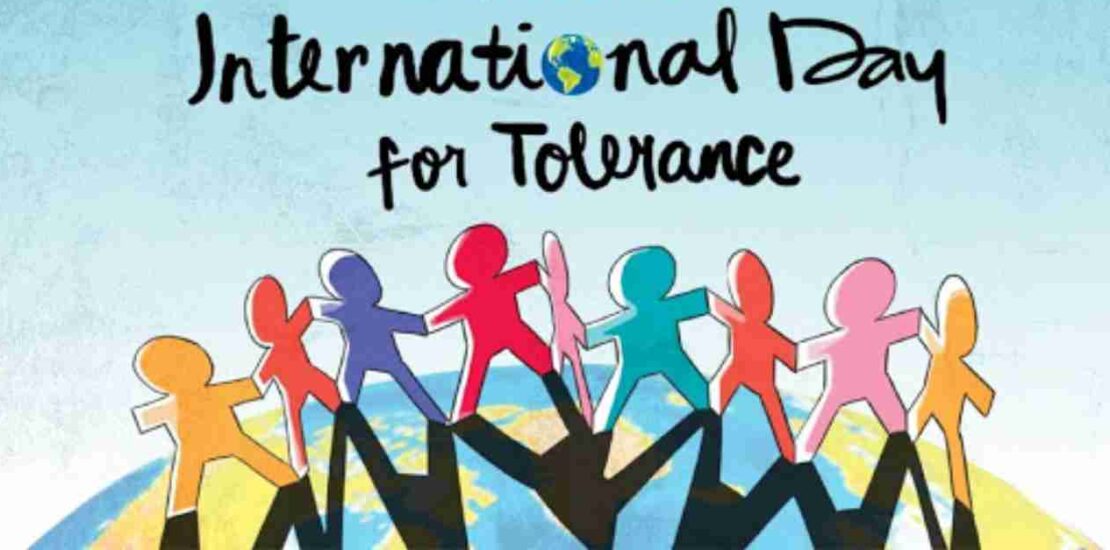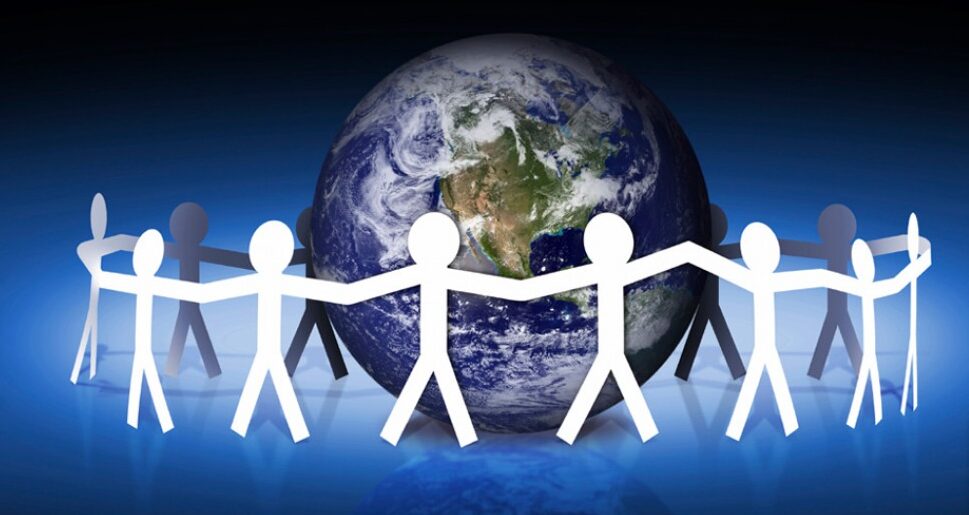Fostering Tolerance in a Connected World
- November 16, 2023
- Posted by: Hub Admin
- Categories: Conflict Resolution, Latest News & Events

By Maryam Ibrahim
In 1996, the United Nations General Assembly designated the 16th of November as the International Day of Tolerance. Tolerance is “a fair, respectful, and permissive attitude or policy towards people whose opinions, beliefs, practices, racial or ethnic origins, etc., differ from one’s own or from those of the majority.”
In a world grappling with increasing intolerance, from conflicts in sub-Saharan Africa, such as Sudan, to the Middle East in Israel-Palestine, and to Europe with the Ukraine-Russian war, there is a heightened need for tolerance to prevent potential conflicts arising from diversity.
The former UN Secretary-General Ban Ki-moon, in his message for the 2015 observance of the International Day of Tolerance, posed a statement worthy of deeper reflection: “People are more connected, but this does not mean there is more understanding.”

In 2023, people are more connected than ever, and information is more accessible than it has ever been. Yet, the growing trend in the world, both within and outside the digital space, does not indicate a greater understanding of diversity at national and international levels. This suggests that to combat intolerance, more is needed than just connectivity. To achieve a greater understanding among people, we must collectively engage in the following actions to build a culture of tolerance:
- Safe and Open Dialogue: The most authentic version of a story is told by the person who has lived it. However, without safe spaces, there is no room for honest conversations that foster a culture valuing understanding. Effective communication skills are needed for respectful expressions and tolerable listening.
- Cultivating Empathy: To build real connections and foster understanding, people must cultivate the habit of considering other people’s perspectives.
- Promoting Inclusivity in Society: When people are included, they are dignified. Inclusivity can build trust in a world that constantly presents itself as low-trust.
- Responsible Use of the Media and Social Media:The media significantly influences shaping perspectives in an era dominated by information flows. To foster tolerance, it is imperative to advocate for the responsible use of media platforms. Media outlets should conscientiously present diverse perspectives, avoiding the perpetuation of stereotypes and bias. Social media, being a powerful force in shaping public opinion, should be approached with a commitment to disseminate accurate information and encourage constructive dialogue. Users must be mindful of the impact their online activities can have on shaping societal attitudes. Users and handlers of social media have a responsibility to make it a safe space for all.
- Being Individual and Collective Advocates for Tolerance: It is possible to improve behaviour and develop a positive shift in perspective in our society to increase tolerance. Every individual can take up this charge. Mahatma Gandhi inspired a non-violent campaign for independence in India, and the influence of one man spread, with his ideals being adopted by many in his community, leading to a successful campaign. It is no surprise that the UN paid tribute to Mahatma Gandhi on his 125th birth anniversary by kickstarting the commemoration of International Tolerance Day.
People change societies, and greater tolerance will lead to better laws and stronger societies. A shift to tolerance is capable of reducing violence in societies and the world at large. Behavioural change is not instant, so we must be patient and persistent to create a more tolerable world. By nurturing a mindset that is open to understanding diverse perspectives, we create a community that is not only eager to learn but also equipped to educate others about the importance of tolerance. Embracing the dual roles of being teachable and ready to teach establishes a foundation for a more inclusive and harmonious society.
